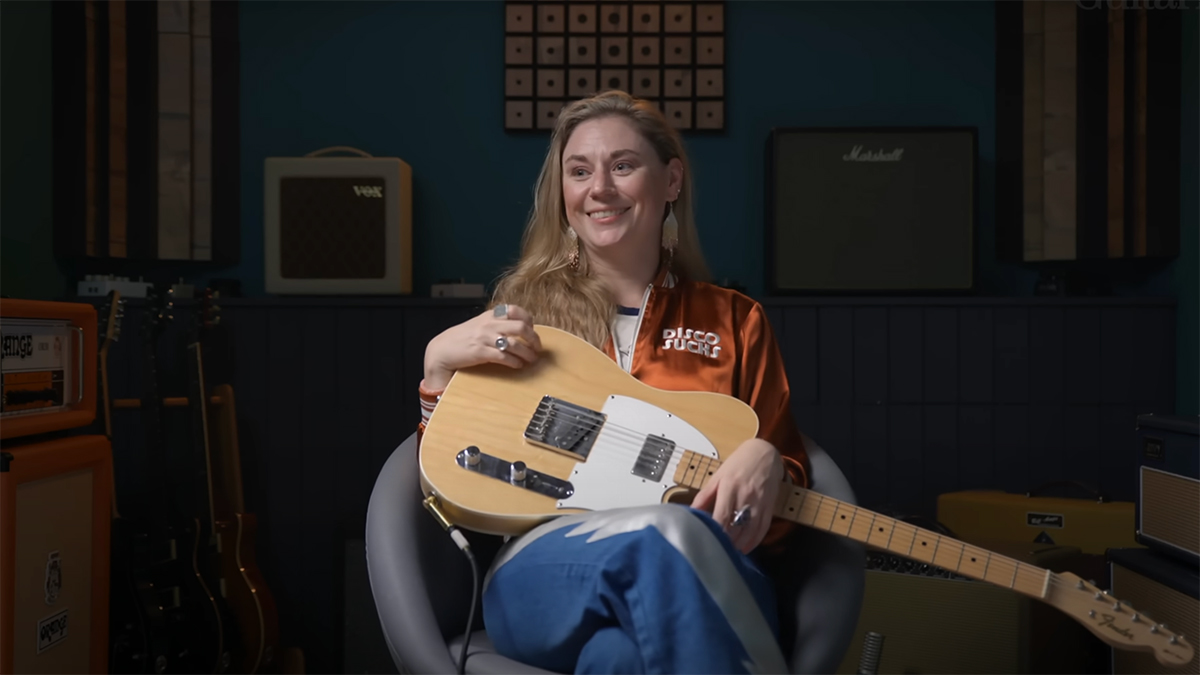“Chess was cussin' when I got to the session with Muddy. But when he heard me, he just sat there with his mouth open”: Leonard Chess wanted to cash in on the folk boom, and asked Muddy Waters to bring him an old acoustic bluesman. He brought him Buddy Guy
Knowing his Mississippi roots, Chess essentially wanted Waters to find for him his own Robert Johnson. Waters had other ideas

It's 1963, and the music world is changing faster than just about anyone can keep up with.
Folk singer Bob Dylan, walking down a road paved by Joan Baez, Pete Seeger, Woody Guthrie, and acoustic blues and country singers both well-known and anonymous, was suddenly a superstar, writing genuine #1 hits for himself and others.
Just a couple of years earlier, a compilation called King of the Delta Blues Singers had improbably made a legend out of Robert Johnson, a Mississippi Delta singer and guitarist who had died 25 years before.
Acoustic blues was not the specialty of Chess Records, a Chicago label that had over the previous decade played a hugely significant role in bringing the excitement and rawness of electric blues to the world in the form of pioneering recordings by the likes of Muddy Waters and Howlin' Wolf.
But, seeing that there was success and prestige to be had with that older strain of blues, label head honcho Leonard Chess wanted a slice of the pie.
With that in mind, he tasked one of his biggest stars, Mississippi native Muddy Waters, with recording his first – and what would be his only – all-acoustic album.
Furthermore, Chess, knowing his Mississippi roots, wanted Waters to essentially find for him his own Robert Johnson – an overlooked Delta bluesman from the same era.
All the latest guitar news, interviews, lessons, reviews, deals and more, direct to your inbox!
Chess may have been the head of the label, but ultimately, it was Waters' record, and he had other ideas. Enter the fiery young blues guitarist Buddy Guy, who Waters had discovered when the latter was barely out of his teens.
“Leonard told Muddy to go to Mississippi to find an old guy who really knew how to play [Delta blues],” Guy told Guitar World in a 1998 interview.
He said, ‘Motherf**ker, where did you learn that s**t?’ I said, ‘Man, there's my teacher’
“Chess didn't want me around. But Muddy called me. That was one of the thrills of my life. Muddy sings like a Baptist preacher on those songs, doesn't he?”
Chess had known Guy for a number of years, and he wasn't a huge fan of his ultra-aggressive playing – his experiments with feedback, outrageous bends, and his desire to bring the raw power of his live show to the studio.
He was essentially the last player Chess wanted on what he envisioned as a spare album done the old-fashioned way – and he didn't hide his skepticism or anger about Waters' decision.
“Chess was cussin' when I came to the session with Muddy,” Guy recounted to Guitar World. “But when he heard me, Chess just sat there with his mouth open and then said, ‘Motherfucker, where did you learn that shit?’ I said, ‘Man, there's my teacher.’”
Satisfied that his young protégé had proven himself, Waters, according to Guy, kindly told his boss, “‘I told you I had the man to play this shit. Now get the fuck out of here.’”
Of course, Guy's high-wire take on the stylings of his blues guitar predecessors would go on to hugely inspire the likes of Eric Clapton, Jeff Beck, and especially Jimi Hendrix, who Guy said once cancelled a gig to see him in concert.
“I would go into the Chess studio wanting to sound basically like Jimi Hendrix sounded years later, and they would tell me that I was crazy,” Guy told Guitar World in 1993. “All of the stuff that Jimi did – making noise, squeezing strings, feedback – which is acceptable today, wasn't acceptable at the time.”
It took the success of the blues-rock revolution of the late '60s (success, which, it's worth noting, completely eluded Guy himself at the time), for Chess to realize his misunderstanding of the blues guitar legend.
“When Leonard Chess found out about Hendrix, Beck, and Clapton, he told me to kick his ass,” Guy told Guitar World in 1993. “See, he realized he should have listened to me in the first place, because by that time those guys were selling millions.”
Jackson is an Associate Editor at GuitarWorld.com. He’s been writing and editing stories about new gear, technique and guitar-driven music both old and new since 2014, and has also written extensively on the same topics for Guitar Player. Elsewhere, his album reviews and essays have appeared in Louder and Unrecorded. Though open to music of all kinds, his greatest love has always been indie, and everything that falls under its massive umbrella. To that end, you can find him on Twitter crowing about whatever great new guitar band you need to drop everything to hear right now.
You must confirm your public display name before commenting
Please logout and then login again, you will then be prompted to enter your display name.



